Will SCOTUS Uphold Wealth Taxes?
The U.S. Supreme Court heard arguments in a case that some say could upend the U.S. tax code.

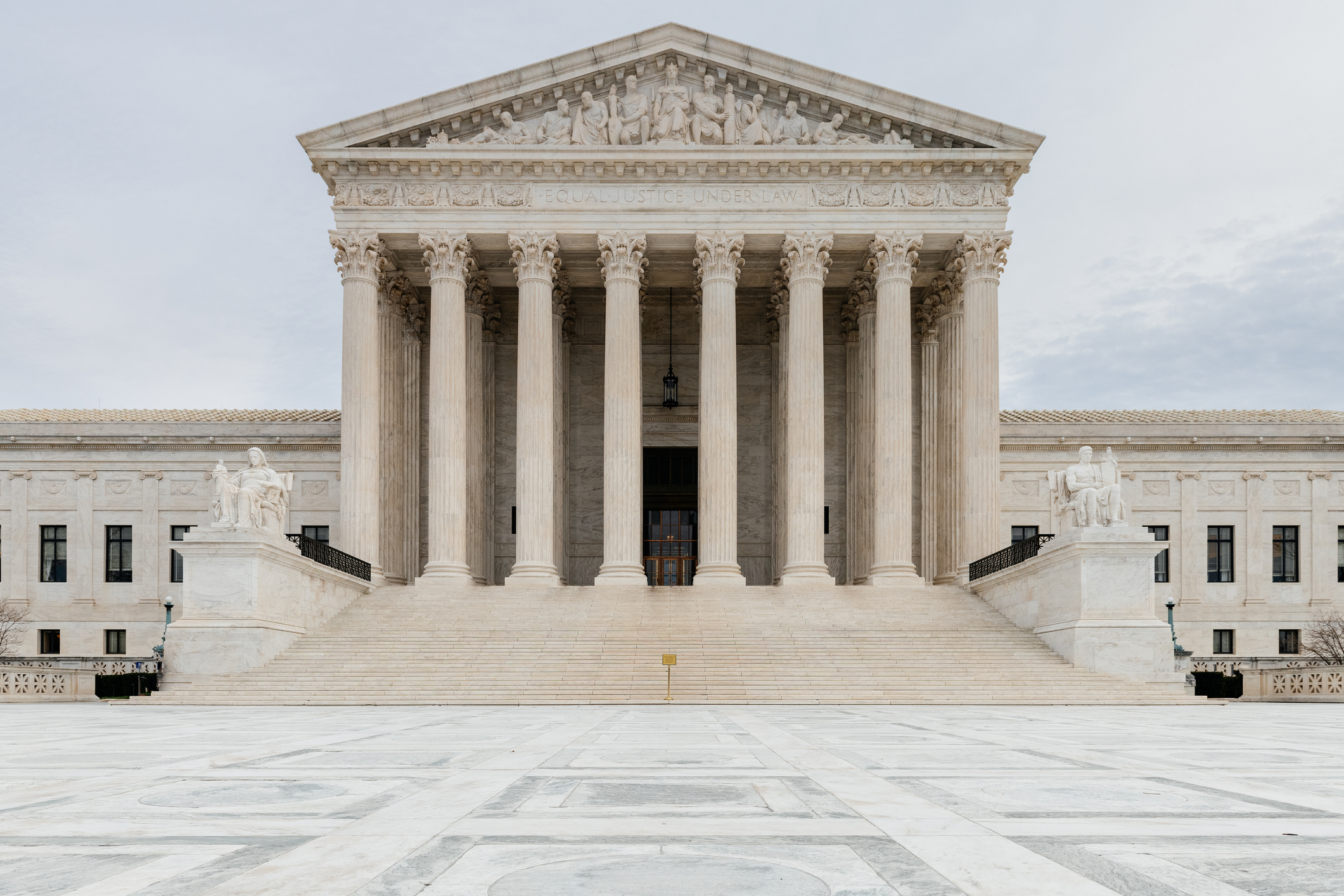
Profit and prosper with the best of Kiplinger's advice on investing, taxes, retirement, personal finance and much more. Delivered daily. Enter your email in the box and click Sign Me Up.
You are now subscribed
Your newsletter sign-up was successful
Want to add more newsletters?

Delivered daily
Kiplinger Today
Profit and prosper with the best of Kiplinger's advice on investing, taxes, retirement, personal finance and much more delivered daily. Smart money moves start here.

Sent five days a week
Kiplinger A Step Ahead
Get practical help to make better financial decisions in your everyday life, from spending to savings on top deals.

Delivered daily
Kiplinger Closing Bell
Get today's biggest financial and investing headlines delivered to your inbox every day the U.S. stock market is open.

Sent twice a week
Kiplinger Adviser Intel
Financial pros across the country share best practices and fresh tactics to preserve and grow your wealth.

Delivered weekly
Kiplinger Tax Tips
Trim your federal and state tax bills with practical tax-planning and tax-cutting strategies.

Sent twice a week
Kiplinger Retirement Tips
Your twice-a-week guide to planning and enjoying a financially secure and richly rewarding retirement

Sent bimonthly.
Kiplinger Adviser Angle
Insights for advisers, wealth managers and other financial professionals.

Sent twice a week
Kiplinger Investing Weekly
Your twice-a-week roundup of promising stocks, funds, companies and industries you should consider, ones you should avoid, and why.

Sent weekly for six weeks
Kiplinger Invest for Retirement
Your step-by-step six-part series on how to invest for retirement, from devising a successful strategy to exactly which investments to choose.
Last year, the U.S. Supreme Court heard oral arguments in Moore v. United States, a case that, at first glance, is one dispute over taxation of unrealized foreign gains. However, many on both sides believe that a ruling favoring the plaintiffs in this landmark case could have historic ripple effects on what Congress can or cannot tax — especially wealth.
In Moore, the plaintiffs argue that a mandatory repatriation tax (MRT) introduced by the 2017 Tax Cuts and Jobs Act (TCJA) is unconstitutional. The one-time tax is supposed to prevent shareholders from obtaining windfalls on undistributed offshore earnings. The IRS levies the tax on U.S. taxpayers with a specified amount of ownership in certain foreign corporations.
We won’t know from the Dec. 5 arguments which way the justices will vote until the summer when the Court typically releases rulings. But since the case has the potential to change the U.S. tax landscape and is happening as the IRS is cracking down on wealthy taxpayers, here's what you need to know now.
From just $107.88 $24.99 for Kiplinger Personal Finance
Become a smarter, better informed investor. Subscribe from just $107.88 $24.99, plus get up to 4 Special Issues

Sign up for Kiplinger’s Free Newsletters
Profit and prosper with the best of expert advice on investing, taxes, retirement, personal finance and more - straight to your e-mail.
Profit and prosper with the best of expert advice - straight to your e-mail.
Supreme court income tax case: How we got here
The Moores invested in a foreign company, and due to tax law changes in 2017 (the TCJA, also known as the "Trump Tax Cuts”), the couple had to pay $15,000 in taxes on overseas earnings attributed to them. However, since the Moores didn’t receive dividends or income from their ownership stake, they argue that only realized income is taxable under the 16th Amendment of the U.S. Constitution. (The 16th Amendment grants Congress the power to impose a federal income tax.)
However, the lower and appellate courts ruled against the Moores, finding that the mandatory repatriation tax accomplishes a “legitimate purpose through rational means.” The Ninth Circuit Court of Appeals noted that "courts have consistently upheld the constitutionality of taxes similar to the MRT” and that “the realization of income does not determine the tax’s constitutionality."
The Moores appealed to the Supreme Court, which agreed to consider the case, causing a stir in the tax community. So, a key sticking point now is whether income must be realized to be taxable under the Constitution.
Moore v. U.S. Supreme Court oral arguments
During oral arguments, the justices considered historical definitions, direct, indirect, and excise taxes, and the fact that the 16th Amendment doesn’t mention realization. Some focus was also on Subpart F, which deals with income earned in a controlled foreign corporation (CFC). Arguing for the petitioners, attorney Andrew Grossman conceded the constitutionality of Subpart F but said the tax in this case could be distinguished.
Overall, there seemed to be a desire to find limiting principles on both sides and potential grounds for a narrow ruling.
- Justice Samuel Alito expressed concern about the far-reaching implications of the petitioner's argument and that of the federal government.
- Justice Ketanji Brown Jackson pondered, "Who makes the definition of realization?" Essentially, Justice Jackson wondered if the court could find realization under a definition it appreciates.
- Several justices delved into past cases. In a moment of levity, Justice Sonia Sotomayor wondered what the government sees as the current state of the Supreme Court’s precedent. “Are you asking us to overturn 100 years of precedent?”
- Justice Amy Coney Barrett asked if the court needs to define income in a new way. Arguing for the government, Solicitor General Elizabeth Prelogar said the court didn’t need to adopt a universal definition of income to resolve the case.
Billionaire tax: A preemptive strike?
Predicting how the Supreme Court will rule based on oral arguments is beyond difficult. However, Congress has had the authority to tax international and capital transactions for over a century. The Moores have asked the court to find that to be taxed, earnings must be realized. If the court agrees, it could mean adopting an interpretation of Congress's taxing power that conflicts with long-established principles, rules, and regulations.
Some believe that the legal battle over taxing unrealized gains could impact tax policies for multinational corporations and the wealthy, including proposed billionaire taxes by President Biden, Sen. Elizabeth Warren (D-Ma.), and U.S. Senate Finance Committee Chairman Ron Wyden (D-Ore.). Wyden’s Billionaires Income Tax Act proposes to ensure billionaires start paying their “fair share” in taxes by ending the “buy, borrow, die” tax strategy. Those, and other, proposals in several states targeting the wealthy, are one reason why the Moore case is seen by some as a strategic move in this broader tax policy battle.
It should also be noted that this is happening against the backdrop of the IRS receiving billions of dollars under the Inflation Reduction Act to increase tax enforcement on complex partnerships and high earners. That includes what the agency describes as "tax-evading millionaires" and billionaires. Some of those funds have already been used for that purpose.
Nothing certain…but taxes?
If the High Court invalidates the mandatory repatriation tax, could it lead to widespread confusion? Will taxpayers dispute regulations or refuse to pay specific taxes, and will corporations receive massive tax refunds? Additionally, will the U.S. Treasury experience a loss of revenue? (Early predictions for potential revenue losses differ, ranging from hundreds of billions to trillions of dollars over time.)
Or, as some who support the Moores' contention contend, will a ruling in favor of the government rightfully prevent the “scary prospect” of Congress having seemingly unlimited power to tax? Though the Court seemed unlikely to strike down the tax, only time will tell.
Related Content
Profit and prosper with the best of Kiplinger's advice on investing, taxes, retirement, personal finance and much more. Delivered daily. Enter your email in the box and click Sign Me Up.

Kelley R. Taylor is the senior tax editor at Kiplinger.com, where she breaks down federal and state tax rules and news to help readers navigate their finances with confidence. A corporate attorney and business journalist with more than 20 years of experience, Kelley has helped taxpayers make sense of shifting U.S. tax law and policy from the Affordable Care Act (ACA) and the Tax Cuts and Jobs Act (TCJA), to SECURE 2.0, the Inflation Reduction Act, and most recently, the 2025 “Big, Beautiful Bill.” She has covered issues ranging from partnerships, carried interest, compensation and benefits, and tax‑exempt organizations to RMDs, capital gains taxes, and energy tax credits. Her award‑winning work has been featured in numerous national and specialty publications.
-
 Quiz: Do You Know How to Avoid the "Medigap Trap?"
Quiz: Do You Know How to Avoid the "Medigap Trap?"Quiz Test your basic knowledge of the "Medigap Trap" in our quick quiz.
-
 5 Top Tax-Efficient Mutual Funds for Smarter Investing
5 Top Tax-Efficient Mutual Funds for Smarter InvestingMutual funds are many things, but "tax-friendly" usually isn't one of them. These are the exceptions.
-
 AI Sparks Existential Crisis for Software Stocks
AI Sparks Existential Crisis for Software StocksThe Kiplinger Letter Fears that SaaS subscription software could be rendered obsolete by artificial intelligence make investors jittery.
-
 Trump Tariffs and the Supreme Court: Three Things to Know Now
Trump Tariffs and the Supreme Court: Three Things to Know NowTax Law The outcome of this legal battle about tariffs will hit your wallet in one way or another.
-
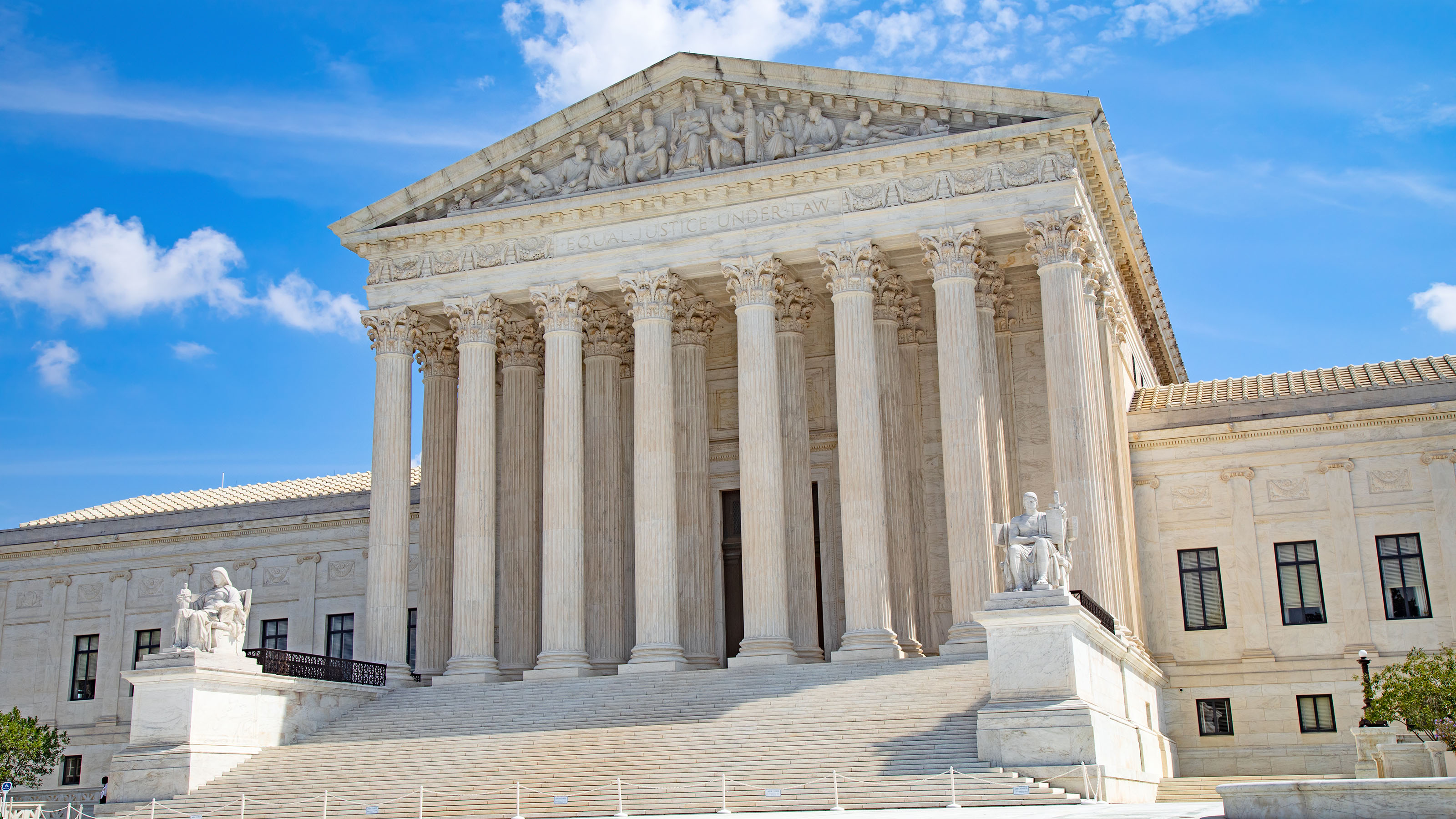 The Supreme Court's TikTok Ruling: What 170 Million Users Need to Know
The Supreme Court's TikTok Ruling: What 170 Million Users Need to KnowSCOTUS As the deadline for a potential TikTok ban approaches, uncertainty looms over the app's future in the United States.
-
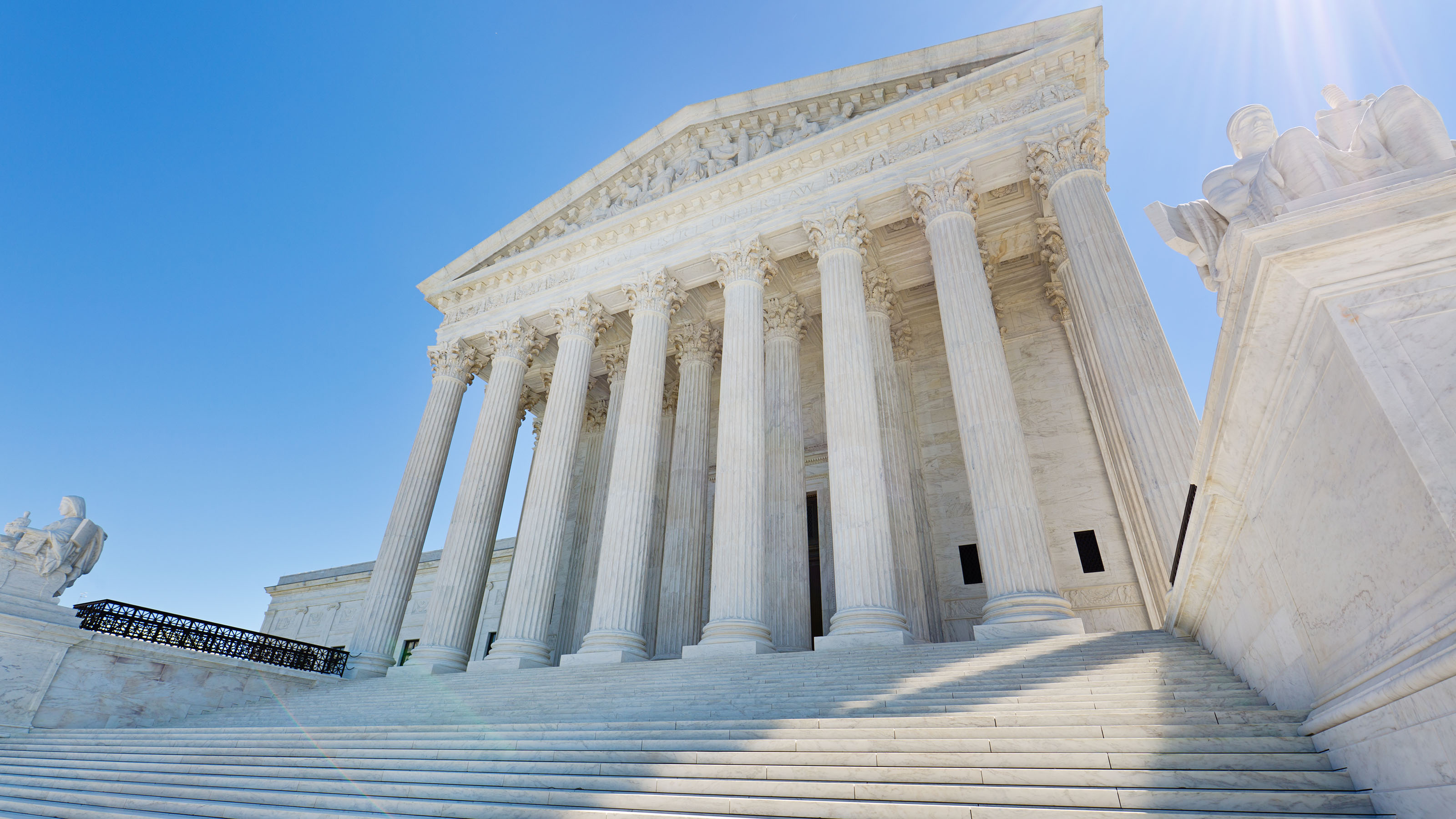 Supreme Court Strikes Down Chevron: What It Means for the IRS
Supreme Court Strikes Down Chevron: What It Means for the IRSTax Law A landmark decision from SCOTUS fundamentally alters the administrative law landscape and impacts federal agencies, including the IRS.
-
 Unrealized Gains Tax Survives U.S. Supreme Court
Unrealized Gains Tax Survives U.S. Supreme CourtWealth Taxes The Supreme Court’s ruling in Moore v. U.S. considers how wealth is taxed in the United States.
-
 Will a Supreme Court Case About Fishing Water Down the IRS?
Will a Supreme Court Case About Fishing Water Down the IRS?Supreme Court The U.S. Supreme Court just decided a case about Chevron deference that has implications far beyond the fishing industry.
-
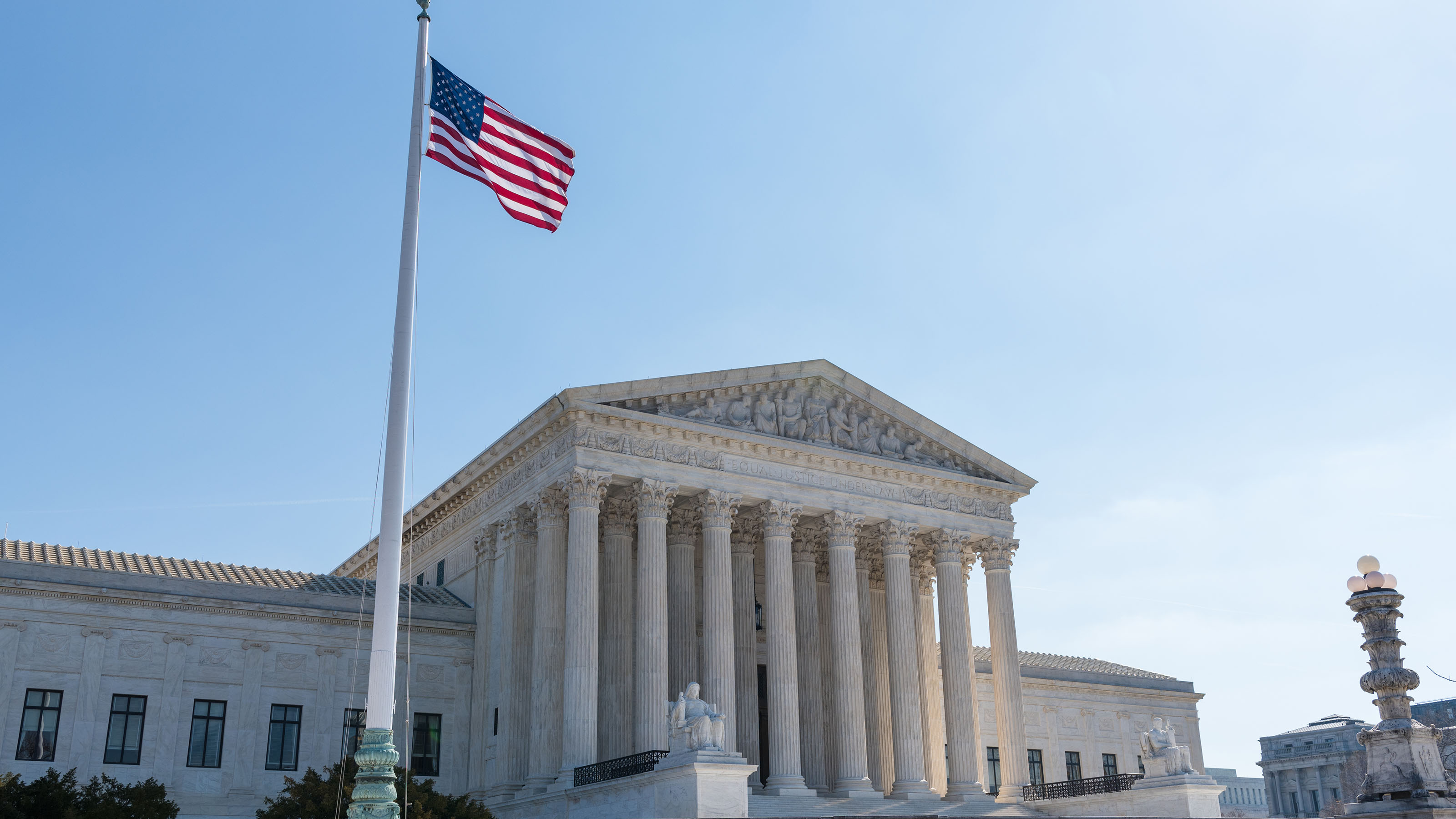 Two Supreme Court Cases Could Change the Tax Landscape: Kiplinger Tax Letter
Two Supreme Court Cases Could Change the Tax Landscape: Kiplinger Tax LetterKiplinger Tax Letter The Supreme Court’s new term started October 2. There are some interesting cases on its docket. Two could majorly change the tax landscape.
-
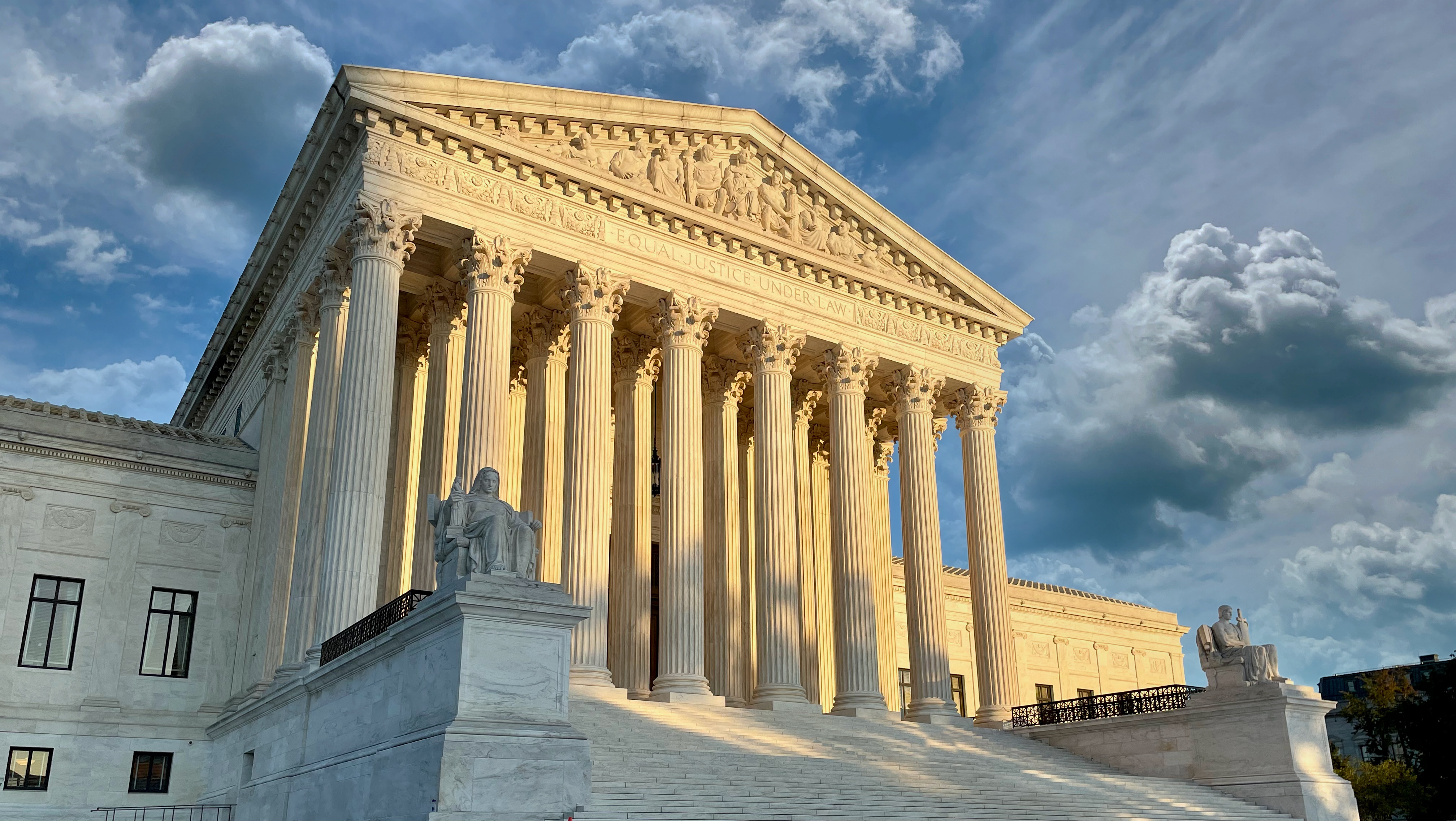 Social Media, Guns, Taxes, Abortion: New Supreme Court Cases You Need to Know
Social Media, Guns, Taxes, Abortion: New Supreme Court Cases You Need to KnowSupreme Court The U.S. Supreme Court will hear several cases this fall that could significantly impact your rights and wealth. Here are a few of them to watch.
-
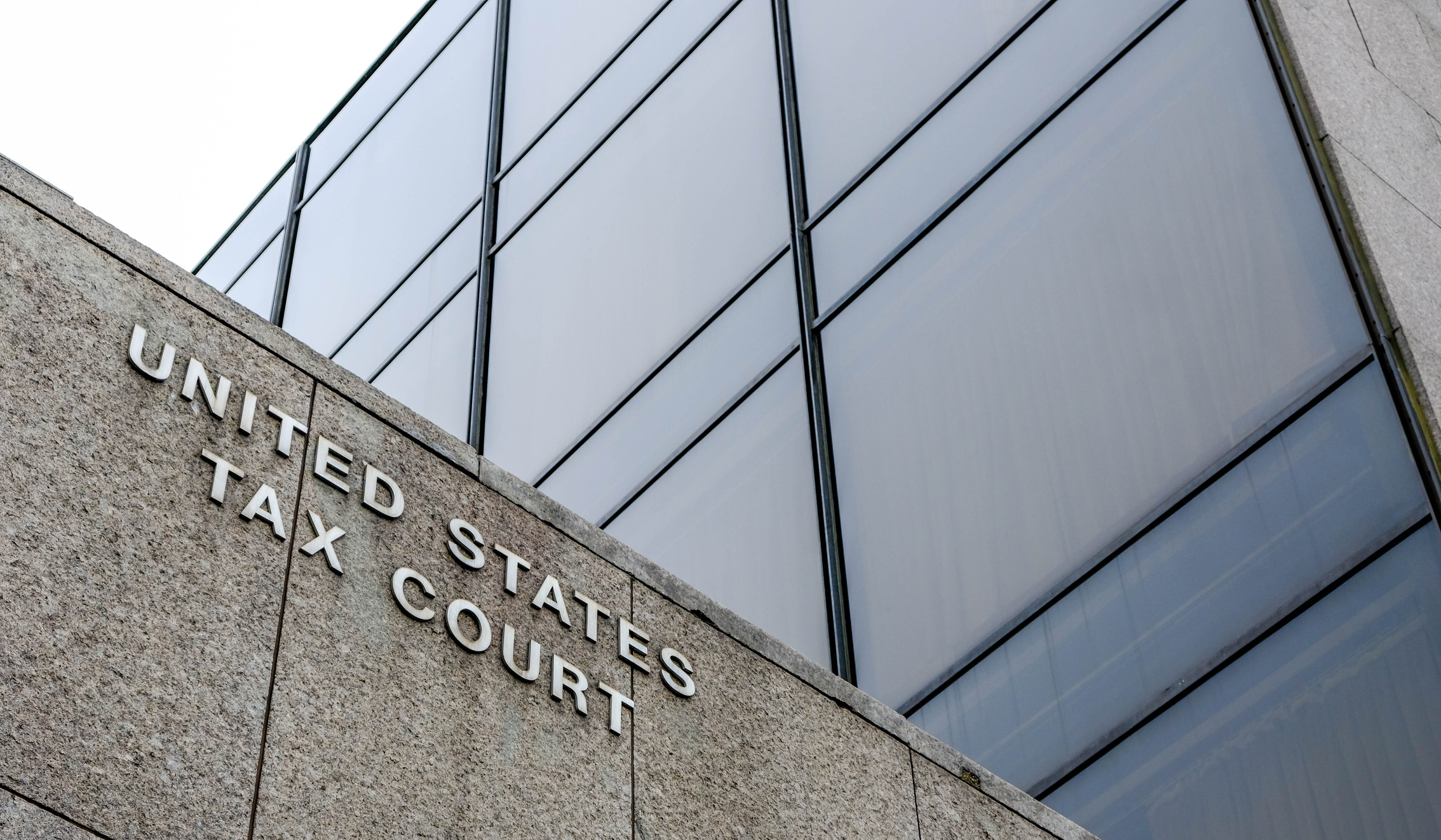 Tax Court Filing Deadlines: Kiplinger Tax Letter
Tax Court Filing Deadlines: Kiplinger Tax LetterKiplinger Tax Letter How broad is a U.S. Supreme Court case on Tax Court filing deadlines?